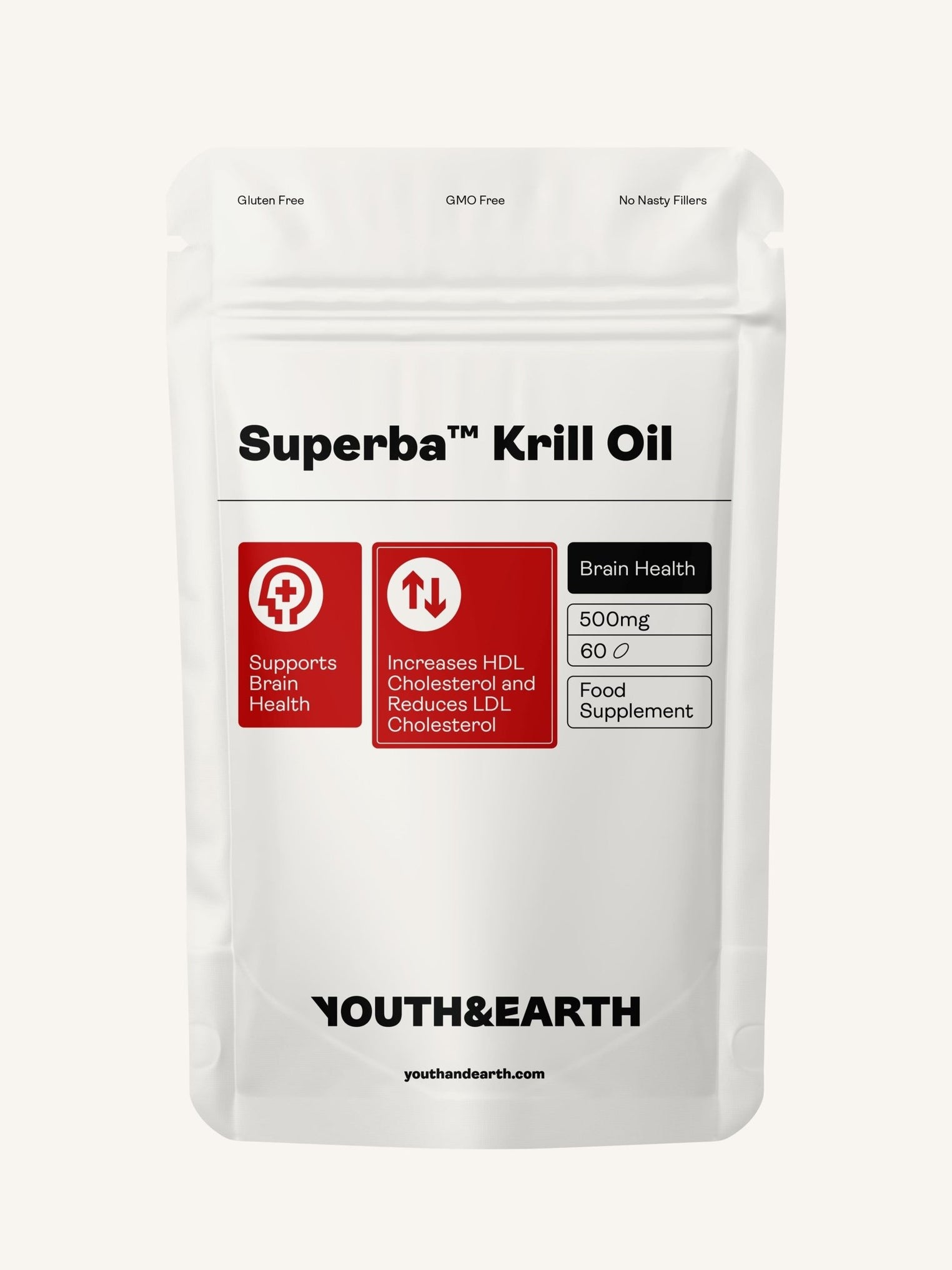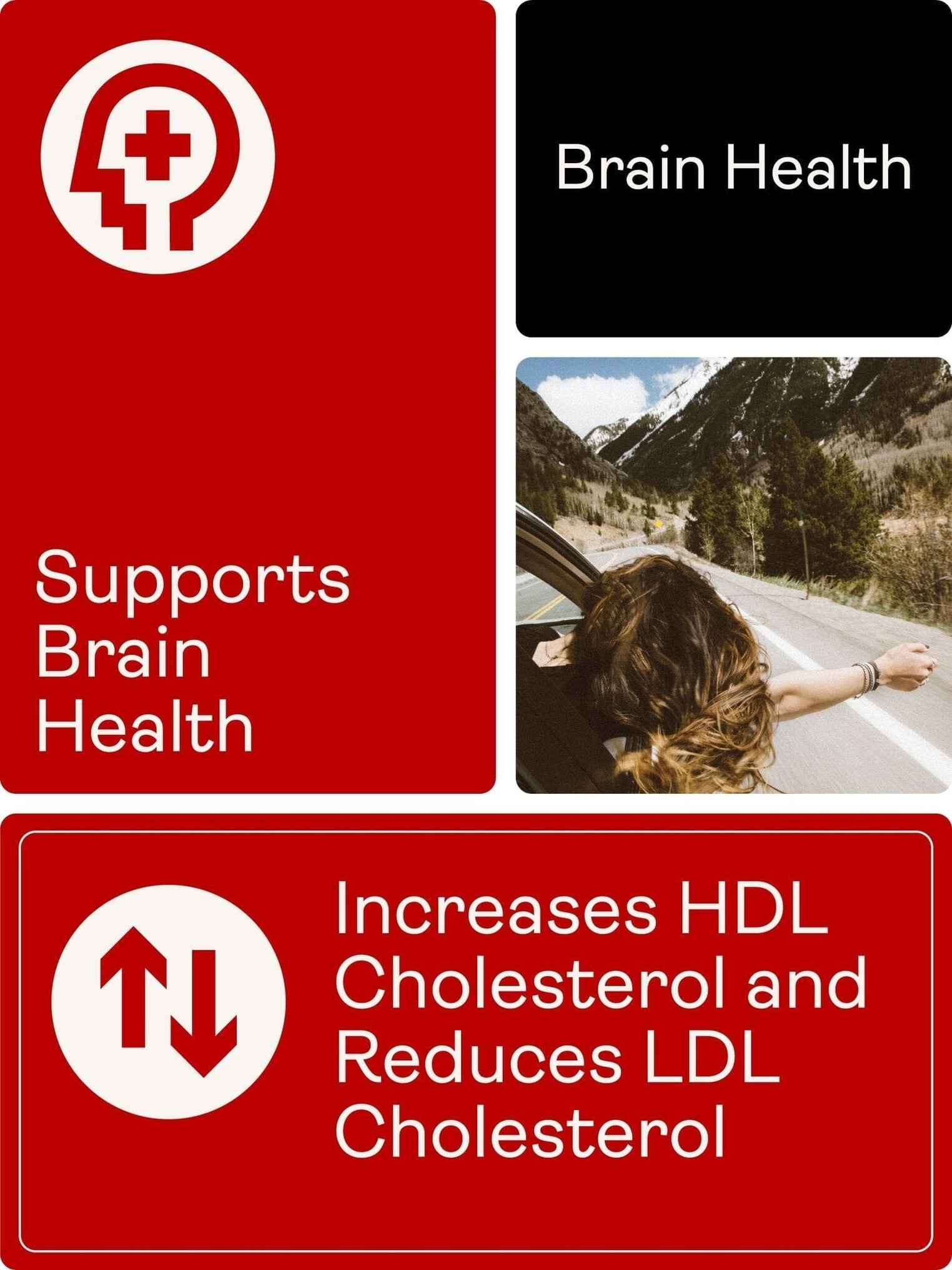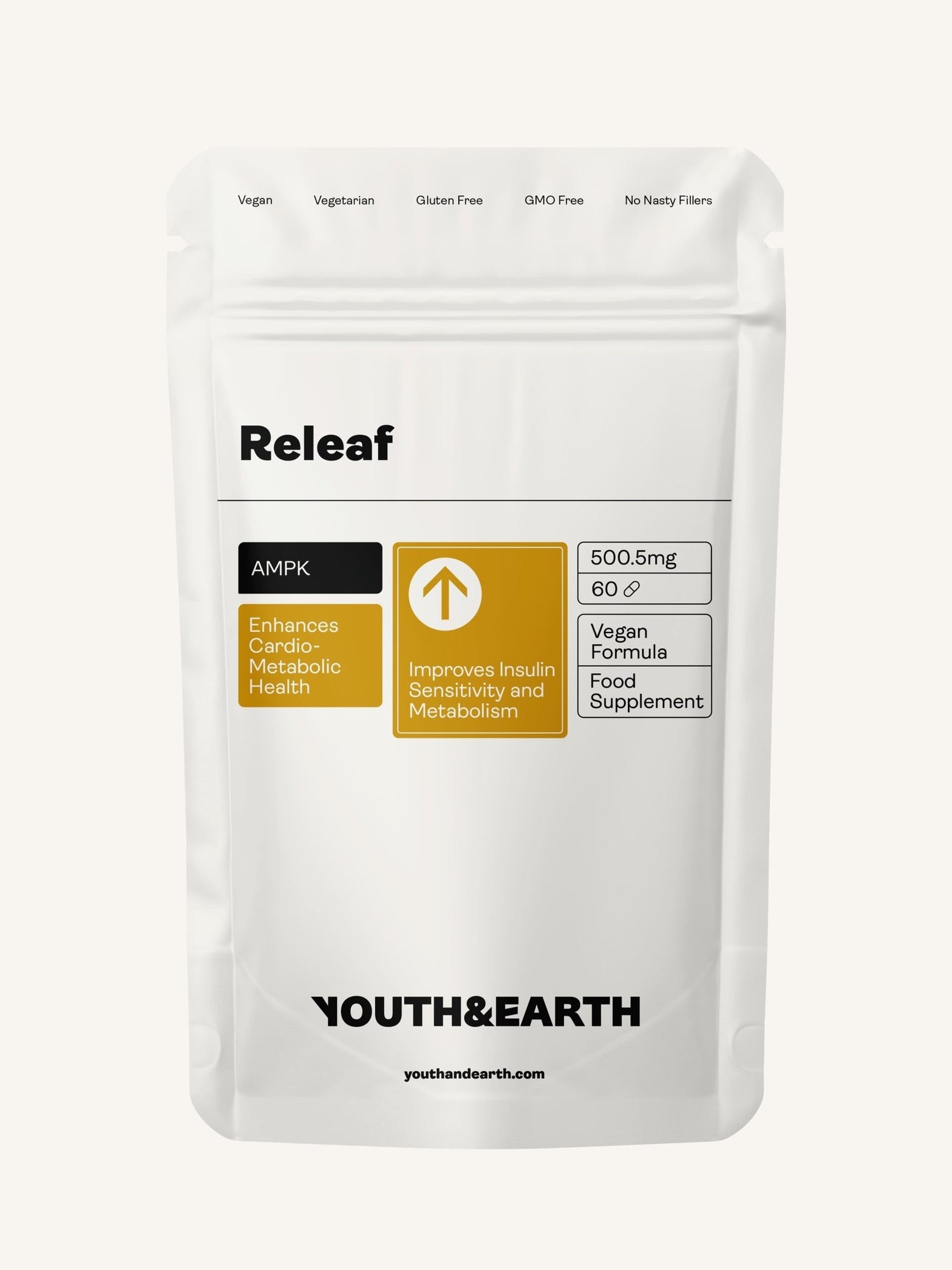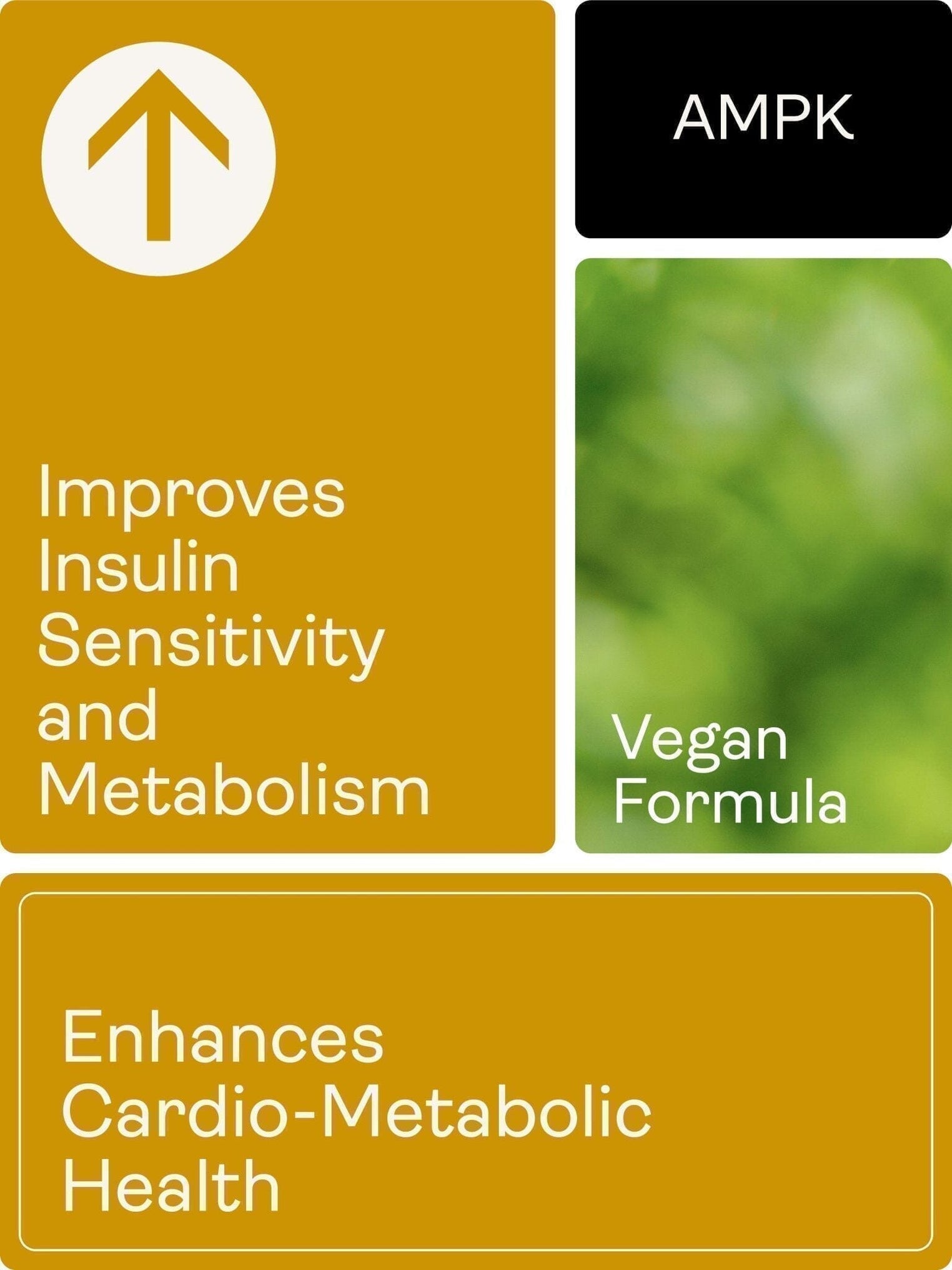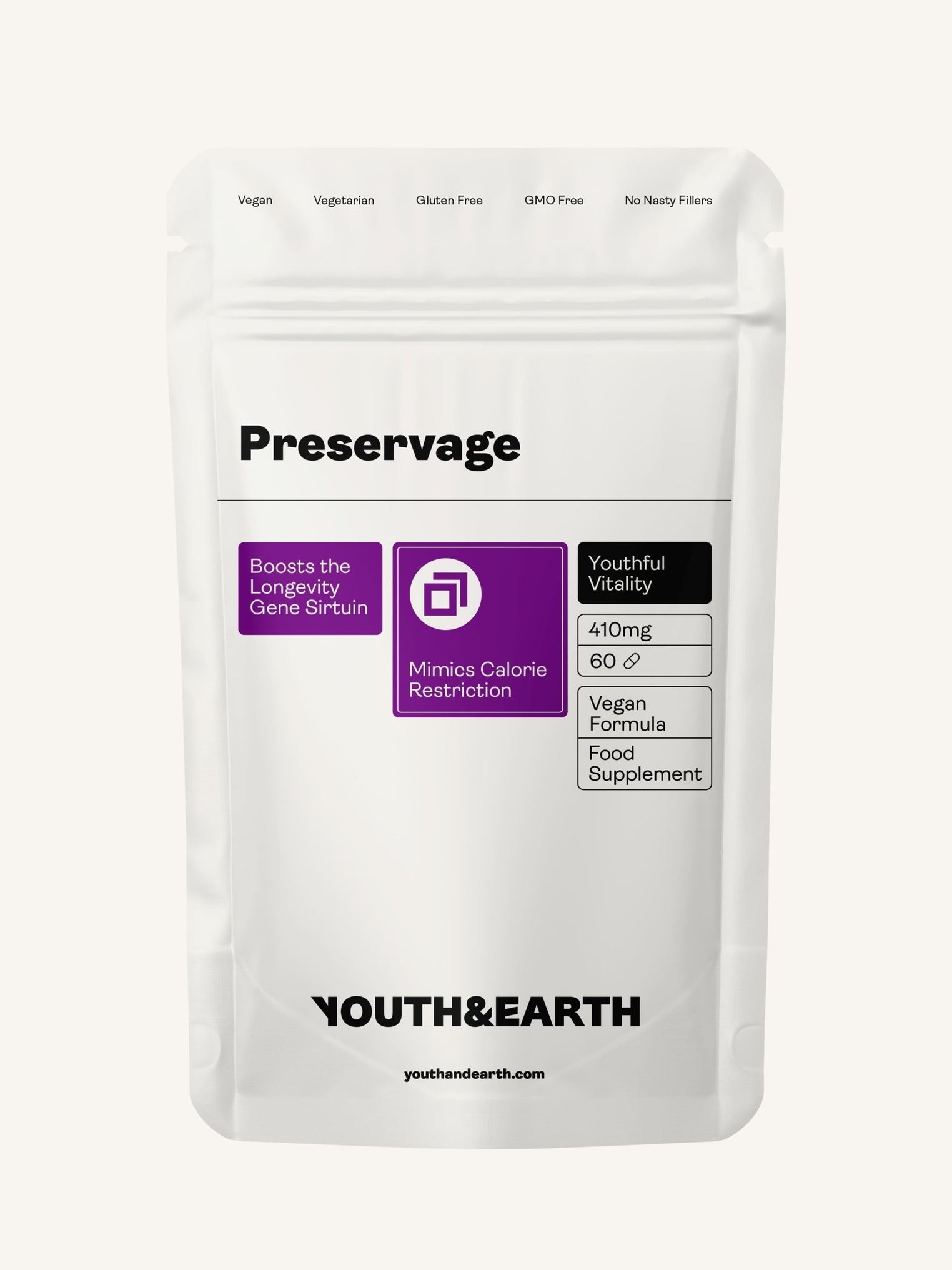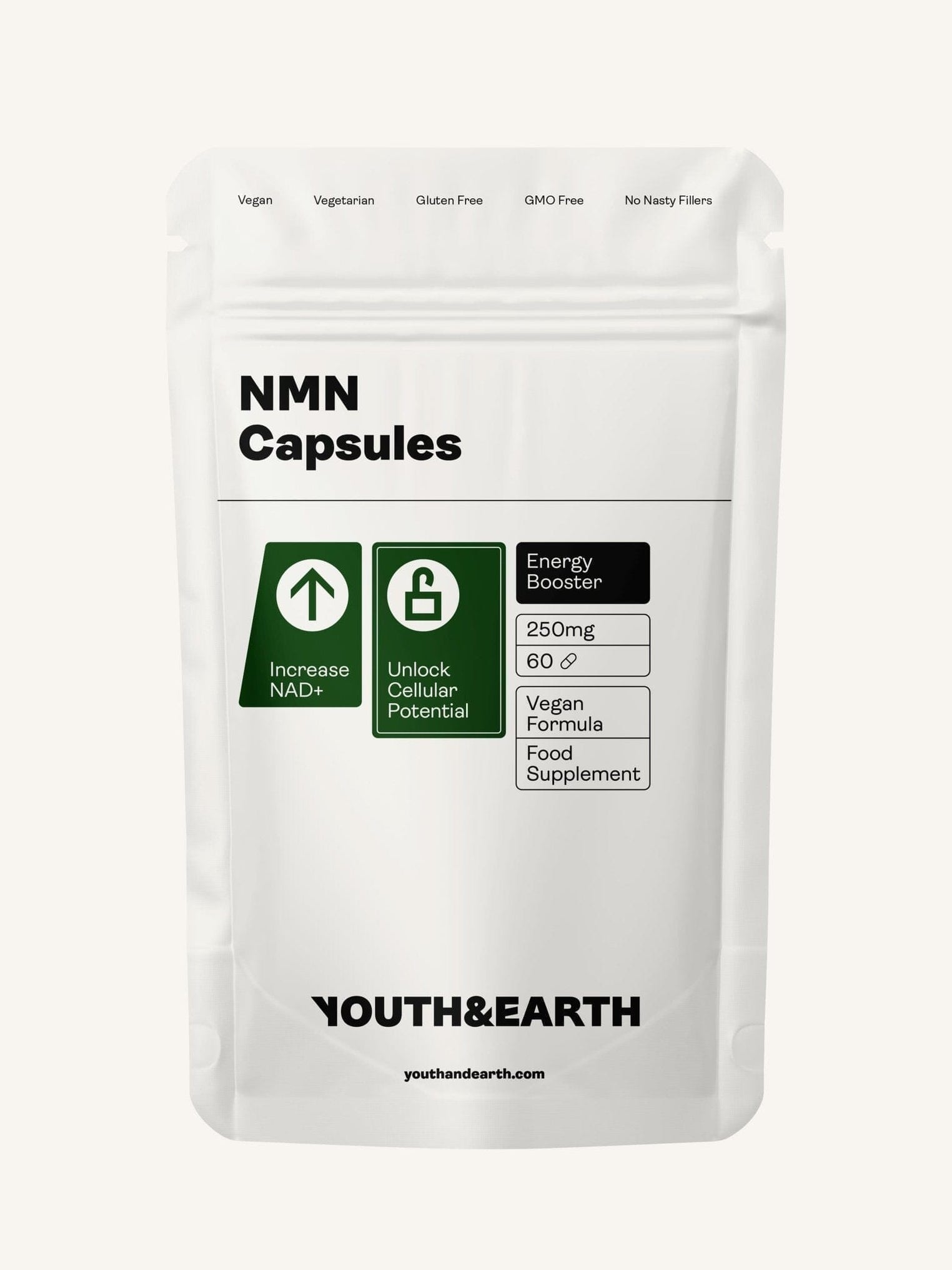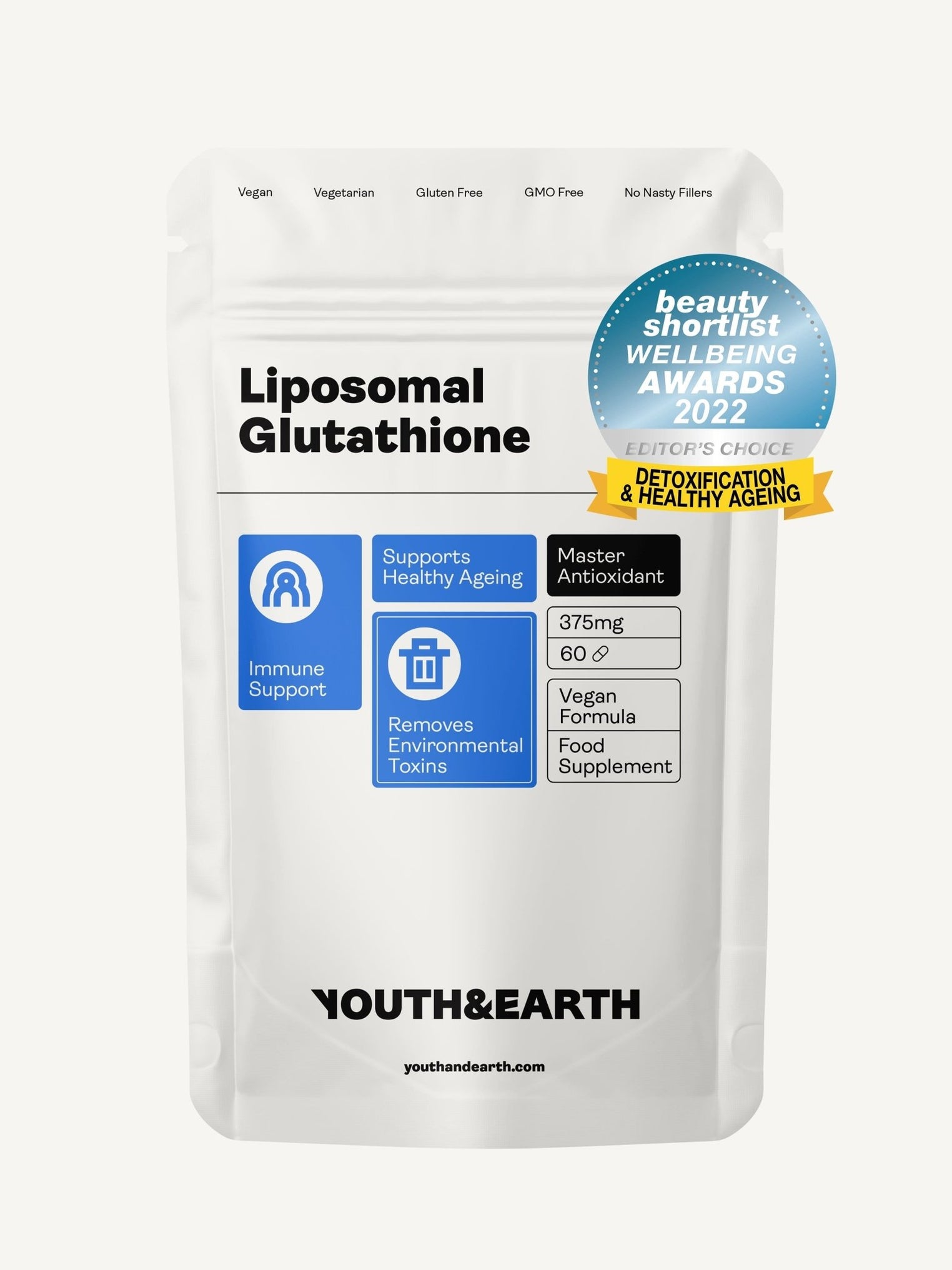The mechanistic target of rapamycin (mTOR) is a longevity pathway that plays a vital role in aging, growth, metabolism, and disease. Find out why it’s important to know about mTOR and how to keep it in balance.
What is the mTOR?
mTOR is a protein kinase (an enzyme that modifies other proteins) that regulates cell growth and metabolism. It’s a complex pathway that’s critical to many cellular processes. But, in short, it's a survival mechanism that signals to the body and cells that they should grow during times of plenty and not grow when food is scarce. It’s a bit like the central processing unit of a computer that makes all the complex decisions relating to cellular growth and it’s one of the longevity pathways.
For more on the longevity pathways, read: The Longevity Pathways - How to Live a Happy, Healthy and Long Life
As with all longevity pathways, this one should be kept in balance so that the body functions optimally. Although the exact mechanisms are still a mystery, too much mTOR has been linked to a shortened lifespan, cancers, and many chronic health conditions, and too little mTOR could cause other health issues such as liver problems, muscle atrophy, delayed healing, and disrupted insulin sensitivity.
Here’s a brief explanation of mTOR from Dr. David Sabatini:
Is the mTOR Good or Bad?
Because of the many critical processes that it regulates, mTOR shouldn’t be viewed as good or bad but rather that it has a function, timing, and purpose.
Here are some of the ways that mTOR benefits the body when it’s functioning optimally:
It promotes muscle growth
When mTOR is activated, it stimulates muscles to grow through the activation of various hormones. Loss of muscle mass is one of the first signs of aging which is why activating this pathway through exercise is so beneficial for your health and longevity.
mTOR increases metabolism
As mentioned, mTOR signals to your body that it’s time to grow and repair. Some of the ways it does so is to regulate the production of ATP, create new mitochondria, and increase metabolism.
Studies have shown that mTOR is essential for proper metabolic regulation, which is consistent with its role in coordinating anabolic and catabolic metabolism.
It slows aging
Methods to slow aging have often been the pinnacle of medical research. The last decade of research shows the answer might lie within the nutrient pathway controlled by mTOR. mTOR, in response to calorie restriction, has been shown to extend lifespan and slow the onset of age-related diseases.
mTOR seems to inhibit fear memory reconsolidation
In a study of male subjects, inhibiting mTOR was shown to block the reconciliation of lasting fear memory. This study suggested that inhibiting mTOR might be a way to help people suffering from acquired anxiety disorders such as Post Traumatic Stress Disorder (PTSD).
However, the over-activation of mTOR has also been associated with many diseases. Scientists are still unclear on the details as to why they find higher levels of mTOR or why inhibiting it produces beneficial results. Here are some of the conditions that are associated with mTOR:
Some types of cancer
mTOR is linked to cancer because it increases the process of angiogenesis (the formation of new blood vessels from pre-existing ones) which helps the growth of tumors. Scientists are hard at work researching inhibiting mTOR as a potential cancer treatment.
Autoimmune diseases
mTOR activation is recognized as a biomarker and one of the main pathways to autoimmune disorders, obesity, and other conditions. In autoimmune disease, the activation of mTOR is thought to be due to oxidative stress. Currently, much research is being conducted on ways to inhibit mTOR as a means of treating autoimmune conditions, obesity, and certain cancers.
Depression
The activation of mTOR has been shown to be involved in many physiological processes in the nervous system and higher nervous system functions such as cognition, survival, appetite, and eating behavior, as well as the control of the sleep-wake cycle. Because of the central role that it plays, researchers have hypothesized that changes in mTOR signaling may underlie pathologies such as depression.
Research has shown that blocking the signaling pathways that stimulate mTOR shows the potential for the development of antidepressants.
Diabetes
Diabetes is a condition that’s associated with high blood sugar levels and a resistance to insulin. Here’s a brief video by the Animated Diabetes Patient on Understanding Type 2 Diabetes.
Studies have shown that inhibiting mTOR increases the process of glycolysis (breaking down sugar) thereby increasing insulin sensitivity in muscle cells.
Alzheimer’s and cognitive function
According to researchers, increased levels of mTOR are associated with Alzheimer’s disease. A recent study found that the inhibition of mTOR enhanced learning and memory in younger subjects, whilst maintaining memory in older ones. It’s thought that inhibiting this pathway shows therapeutic potential for this devastating condition.
Autism
Growing evidence suggests that a wide variety of autism disorders may be linked to dysregulated mTOR activity. The collected data suggest that disinhibited mTOR may contribute to or cause autism spectrum disorder.
It is important to note that although many of these diseases are commonly associated with the overactivation of mTOR, many genetic and environmental factors influence this risk. Overactivation of mTOR in no way guarantees that every mTOR user will experience or develop these diseases.
What Stimulates the mTOR?
mTOR activation is mainly linked to a variety of amino acids, the hormone insulin as well as testosterone. It’s important to remember that activating mTOR through exercise is healthy and it has an important role to play in preventing loss of muscle mass, repairing tissue, and many other cellular processes.
The following are all linked to mTOR over-activation:
Excessive amounts of leucine-rich proteins - regularly eating too much red meat, chicken, tuna, beans, cheese, milk, and eggs will activate mTOR. The recommended daily amount of protein varies from 46-63 grams for most adults.
Excessive calorie intake - regularly consuming more than your body needs will lead to weight gain and will also over-activate the mTOR pathway. According to the NHS, men should eat about 2 500 calories (10 500 KJ) per day and women should eat about 2,000 calories (8 400 KJ). Most people consume way more calories than they need during the day which is why obesity rates are at an all-time high globally.
Excessive carbohydrate intake - carbohydrates fuel our bodies but most of us eat way more carbohydrates than we need. Excessive consumption of carbohydrates leads to weight gain, obesity, cancer, and many other health conditions. Unfortunately most commercially prepared foods and sweet foods contain hidden sugars and unhealthy carbohydrates that send levels soaring way over what they should be. The Dietary Guidelines for Americans recommends about 225 to 325 grams of carbohydrates a day.
Did you know that people who live in the Blue Zones all practice some form of calorie restriction? To find out more, read: Lessons from the Blue Zones - Feel Younger for Longer
How to activate mTOR in a healthy way
mTOR is activated through exercise. Exercise seems to increase mTOR in the muscle, brain, and heart but inhibits mTOR in the fat and liver cells. When activated in the brain, it improves memory and learning and the inhibition in the liver cells and fat cells may be one of the reasons why exercise is so good for these organs.
Interestingly, omega 3 fatty acids also activate the mTOR pathway and encourage the beneficial properties of muscle growth and healing. The exact mechanism is still unknown but researchers think that it may have something to do with its anti-inflammatory properties.
Did you know that Krill Oil is a highly-effective source of omega 3 fatty acids? Find out more in What is Krill Oil and Why Is It Good for You?
What Factors Inhibits mTOR?
If you are functioning at optimal health, then mTOR should be inhibited naturally by the balances and checks that your body should have in place. However, with aging, optimal cell function tends to decrease so here are ways to inhibit mTOR.
Calorie restriction and activating AMPK
Calorie restriction means reducing daily caloric intake without causing malnutrition. It has been linked to extended lifespan and increased health benefits in numerous studies.
Restricting calories inhibits mTOR and also activates AMPK - another longevity pathway that is known as the metabolic master switch. Although fairly easy to do in the short term, it’s very challenging to restrict calories for most of your life. The good news is that you can also take natural supplements that mimic calorie restriction such as berberine to experience the benefits of calorie restriction such as inhibiting mTOR.
Our product RELEAF contains Berberine, PQQ, and Silymarin and is specifically designed to increase AMPK and inhibit mTOR. Silymarin or milk thistle has been shown to significantly inhibit cell proliferation by suppressing the mTOR pathway.
For more on calorie restriction, read: Five Easy Anti-Aging Hacks to Increase Your Longevity.
Exercise
Exercise both activates and inhibits mTOR in all the right places. It inhibits mTOR in the fat and liver cells but activates in the brain, muscles, and heart. Daily exercise is possibly one of the best ways to balance mTOR and AMPK and is key to extending your life and healthspan.
Resveratrol, curcumin, and quercetin
Resveratrol is a polyphenol that is a powerful antioxidant that has anti-inflammatory and neuroprotective properties. It’s found in grapes (mostly the skin and seeds), berries, and red wine. Studies have shown resveratrol inhibits mTOR.
Curcumin, found in turmeric, may have anticancer properties through the blocking of mTOR pathways in tumor cells. When taken with piperine (black pepper) it significantly helps the body decrease inflammation and oxidative stress (one of the triggers that may cause increased mTOR).
Quercetin (a natural pigment found in fruits, vegetables, and grains) has antiviral, anti-inflammatory, and anti-carcinogenic properties. It’s a proven tool in cancer treatment and various other diseases through its ability to inhibit mTOR activity in multiple pathways.
For more on the above polyphenols, read: Why Polyphenols Are Good for You
Our product PRESERVAGE is rich in trans-resveratrol, curcumin, quercetin, and Bioperine which helps activate sirtuins and inhibit mTOR.
How you can regulate mTOR?
Research has shown us that to use mTOR in a way that best benefits our bodies, we need to activate mTOR during periods of exercise to maximize muscle growth and keep our mTOR levels low at other times to promote health and longevity.
The following can be achieved by:
-
Stimulating mTOR through exercise and consuming protein straight after you exercise to maximize muscle growth. Remember, exercise stimulates mTOR in the brain and muscles but inhibits it in the liver and fat cells.
-
Decreasing protein and carbohydrate intake but keep in mind that these levels will be greatly determined by how much exercise you perform, especially resistance-based exercising.
-
Increasing good fats while decreasing proteins and carbohydrates, especially on days when you are not exercising.
-
Taking a caloric restriction mimetic such as berberine.
Conclusion
Our bodies are incredibly designed and with good care, we can live long and happy lives. By implementing a well-balanced healthy diet that’s not high in calories, protein, and carbs, as well as exercising regularly, you use the longevity pathways to your benefit. Don’t forget, taking our natural supplements will also help you on your path to feel younger for longer and give you a leg up to achieve your goals.
The content of this article is for informational purposes only. It’s not intended to be a substitute for professional medical advice, diagnosis, or treatment. Always seek the advice of your physician or health provider before starting a new health regime or program. Do not ignore medical advice or delay seeking it because of something you’ve read on this site or any Youth & Earth product.
















